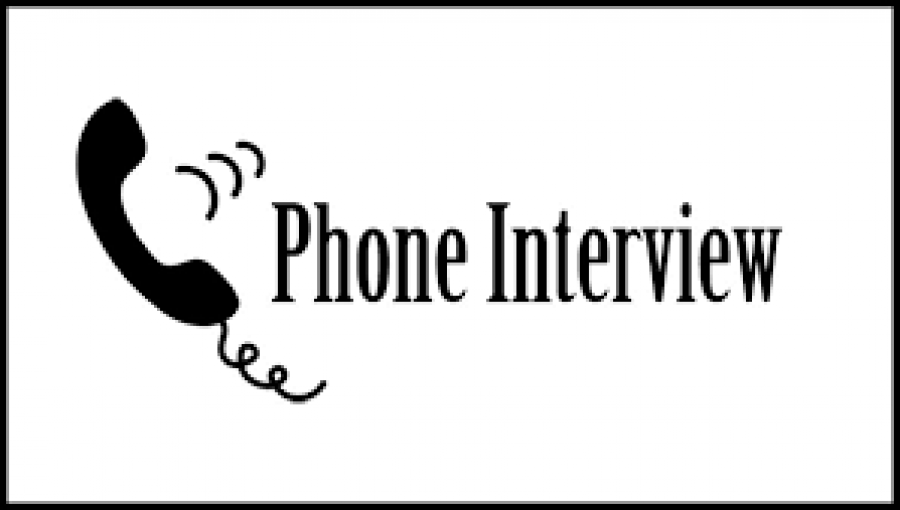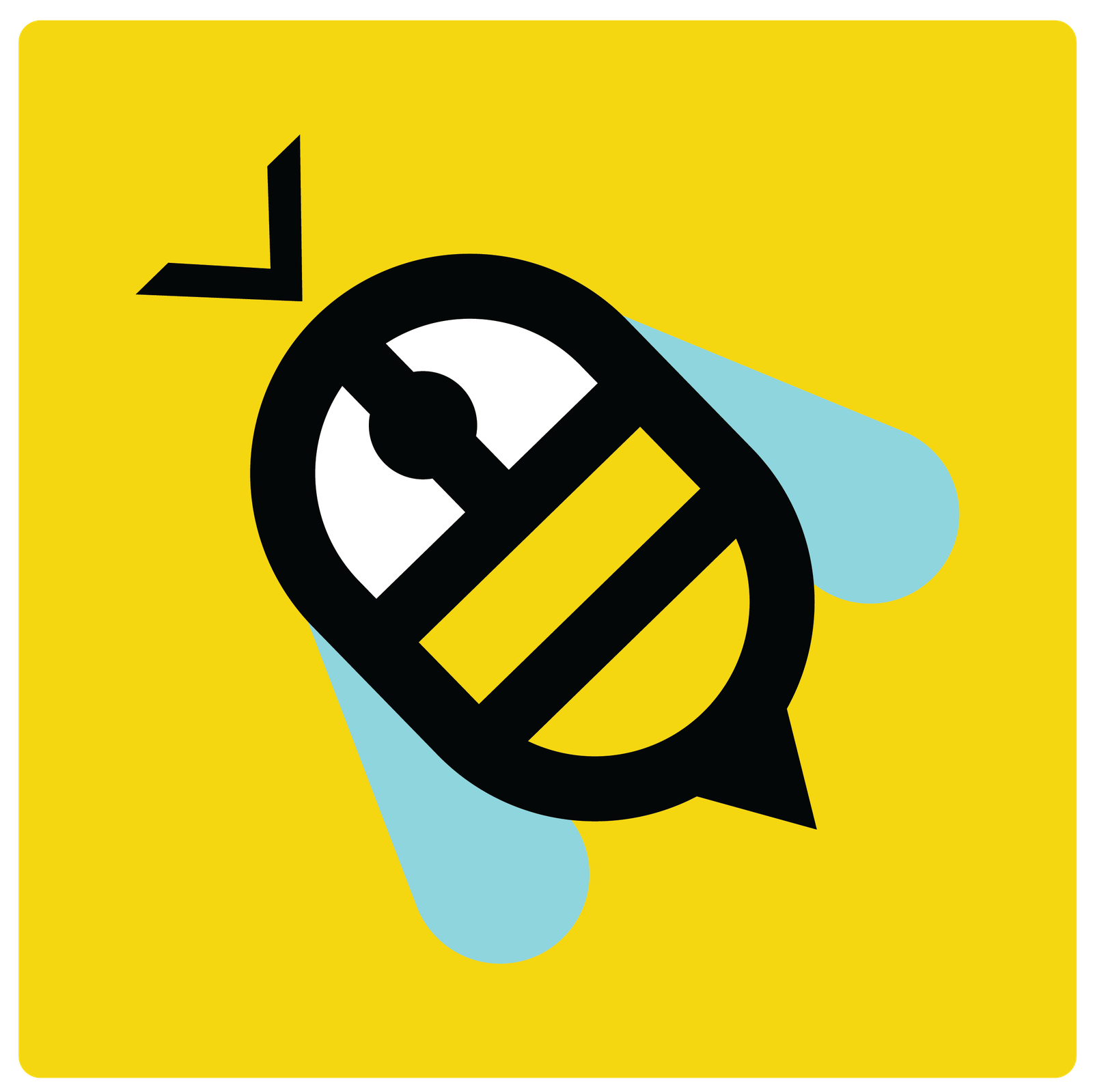- Afghanistan
- Åland Islands
- Albania
- Algeria
- American Samoa
- Andorra
- Angola
- Anguilla
- Antarctica
- Antigua and Barbuda
- Argentina
- Armenia
- Aruba
- Australia
- Austria
- Azerbaijan
- Bahamas
- Bahrain
- Bangladesh
- Barbados
- Belarus
- Belgium
- Belize
- Benin
- Bermuda
- Bhutan
- Bolivia
- Bonaire, Sint Eustatius, and Saba
- Bosnia and Herzegovina
- Botswana
- Bouvet Island
- Brazil
- British Indian Ocean Territory
- British Virgin Islands
- Brunei
- Bulgaria
- Burkina Faso
- Burundi
- Cambodia
- Cameroon
- Canada
- Cape Verde
- Cayman Islands
- Central African Republic
- Chad
- Chile
- China
- Christmas Island
- Cocos [Keeling] Islands
- Colombia
- Comoros
- Cook Islands
- Costa Rica
- Croatia
- Cuba
- Curaçao
- Cyprus
- Czech Republic
- Congo - Kinshasa
- Denmark
- Djibouti
- Dominica
- Dominican Republic
- Timor-Leste
- Ecuador
- Egypt
- El Salvador
- Equatorial Guinea
- Eritrea
- Estonia
- Ethiopia
- Falkland Islands
- Faroe Islands
- Fiji
- Finland
- France
- French Guiana
- French Polynesia
- French Southern Territories
- Gabon
- Gambia
- Georgia
- Germany
- Ghana
- Gibraltar
- Greece
- Greenland
- Grenada
- Guadeloupe
- Guam
- Guatemala
- Guernsey
- Guinea
- Guinea-Bissau
- Guyana
- Haiti
- Heard Island and McDonald Islands
- Honduras
- Hong Kong SAR China
- Hungary
- Iceland
- India
- Indonesia
- Iran
- Iraq
- Ireland
- Isle of Man
- Israel
- Italy
- Côte d’Ivoire
- Jamaica
- Japan
- Jersey
- Jordan
- Kazakhstan
- Kenya
- Kiribati
- Kosovo
- Kuwait
- Kyrgyzstan
- Laos
- Latvia
- Lebanon
- Lesotho
- Liberia
- Libya
- Liechtenstein
- Lithuania
- Luxembourg
- Macau SAR China
- Macedonia
- Madagascar
- Malawi
- Malaysia
- Maldives
- Mali
- Malta
- Marshall Islands
- Martinique
- Mauritania
- Mauritius
- Mayotte
- Mexico
- Micronesia
- Moldova
- Monaco
- Mongolia
- Montenegro
- Montserrat
- Morocco
- Mozambique
- Myanmar [Burma]
- Namibia
- Nauru
- Nepal
- Netherlands
- Netherlands Antilles
- New Caledonia
- New Zealand
- Nicaragua
- Niger
- Nigeria
- Niue
- Norfolk Island
- North Korea
- Northern Mariana Islands
- Norway
- Oman
- Pakistan
- Palau
- Palestinian Territories
- Panama
- Papua New Guinea
- Paraguay
- Peru
- Philippines
- Pitcairn Islands
- Poland
- Portugal
- Puerto Rico
- Qatar
- Congo - Brazzaville
- Réunion
- Romania
- Russia
- Rwanda
- Saint Barthélemy
- Saint Helena
- Saint Kitts and Nevis
- Saint Lucia
- Saint Martin
- Saint Pierre and Miquelon
- Saint Vincent and the Grenadines
- Samoa
- San Marino
- São Tomé and Príncipe
- Saudi Arabia
- Senegal
- Serbia
- Serbia and Montenegro
- Seychelles
- Sierra Leone
- Singapore
- Sint Maarten
- Slovakia
- Slovenia
- Solomon Islands
- Somalia
- South Africa
- South Georgia and the South Sandwich Islands
- South Korea
- South Sudan
- Spain
- Sri Lanka
- Sudan
- Suriname
- Svalbard and Jan Mayen
- Swaziland
- Sweden
- Switzerland
- Syria
- Taiwan
- Tajikistan
- Tanzania
- Thailand
- Togo
- Tokelau
- Tonga
- Trinidad and Tobago
- Tunisia
- Turkey
- Turkmenistan
- Turks and Caicos Islands
- Tuvalu
- U.S. Virgin Islands
- Uganda
- Ukraine
- United Arab Emirates
- United Kingdom
- United States
- U.S. Minor Outlying Islands
- Uruguay
- Uzbekistan
- Vanuatu
- Vatican City
- Venezuela
- Vietnam
- Wallis and Futuna
- Western Sahara
- Yemen
- Zambia
- Zimbabwe
Seven ways to succeed in a video or phone interview

Seven ways to succeed in a video or phone interview
1. Dress and act how you would in a face-to-face interview
A common mistake for phone and video interviews is to approach the situation more casually because it’s not in person, says Katherine Burik, founder of .
In fact “you need to be your professional best in every way”, says Victoria McLean, CV writer and . To do this, dress in business attire and speak clearly, she adds: “Ensure your body language and delivery are professional.”
Likewise, do not skimp on preparation, says Burik. “Be prepared and confident – behave like a person that would be a good fit for the position.”
2. Have a backup plan in case you have signal problems
There are a variety of sounds that can disrupt a phone or Skype interview, such as background noise, TV, children or a poor signal. “Try to find somewhere quiet and use a land line whenever possible. If your call is interrupted, then acknowledge this and ask the interviewer if you can repeat your answer or reschedule the call,” advises McLean.
If you know your area has a poor signal, go somewhere else for your interview. “Ask a friend, or look to see if any local hotels, libraries or schools have a video conferencing facility they might let you use,” says Lydia Fairman, HR and resourcing specialist.
3. Do a mock video or phone interview
Performing well on a video or phone interview requires a particular set of skills. “Appearing on screen can feel awkward, so if you don’t regularly use Skype then have a few practice runs with friends to get used to it,” says Roop Bhumbra, national director at recruiter .
Jon Gregory, a job search, application and , agrees: “Practise with a friend, record the session and watch it – so you get used to speaking on camera.”
Similarly, during a telephone interview it can be tricky to show the usual body language that indicates you are interested, adds Bhumbra. “Make sure you convey this by smiling while you speak, and use what you say to appear attentive and enthusiastic.”
4. Allow time to set up your phone or webcam
Skype and video calls can take a few minutes to set up, so you need to build in extra time. “Be in your interview space at least five minutes ahead and have your phone or webcam on and ready,” says Jo Thurman, regional director of .
5. Don’t over-prepare, and be yourself
It’s definitely a good idea to prepare answers to potential questions but make sure you don’t sound like you are reading from a prepared script, says Lizzie Mortimer, careers consultant for the . “Have a few bullet points to hand so you remember the points you want to make, but still sound natural and enthusiastic.”
It’s important not to sound scripted, agrees McLean. “I once ran a phone interview where the candidate seemed to have scripted answers to every possible question. Each time I asked a question, I heard this intense rustling noise as he searched for his answer. Needless to say, he didn’t get the job.”
6. Show you are a good cultural fit for the company
The key thing you need to show – apart from your competency and skills – is that you are a good cultural fit for the organisation, says Chris Davies, founder of . “That’s really difficult to do during a phone or Skype interview, but the best advice is to be natural and try to turn the interview into a conversation.”
7. Speak slowly and clearly throughout the interview
If you’re nervous, it’s easy to speak too quickly on the phone, says McLean. This can be a problem as the interviewer can’t see you to pick up on any visual cues so may miss your point. “Be aware of this and articulate your words clearly – this is particularly important if you have a strong accent.”

 by BeeTroops
by BeeTroops


